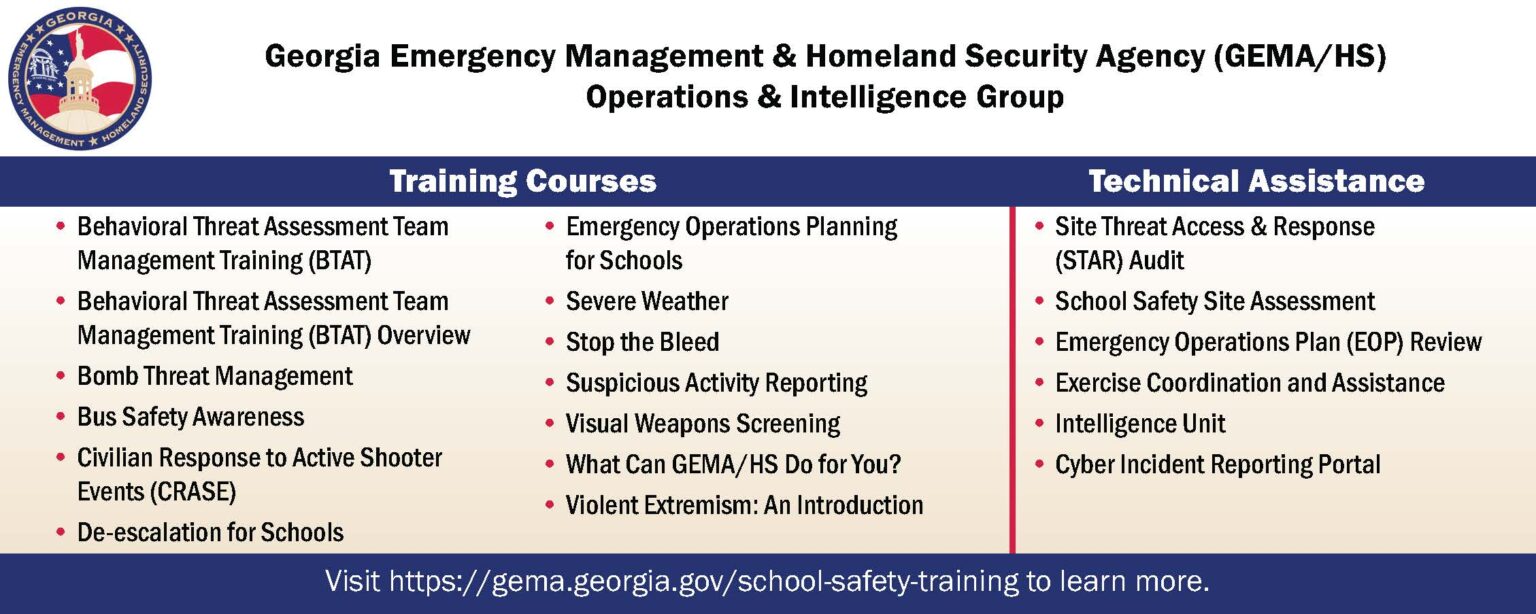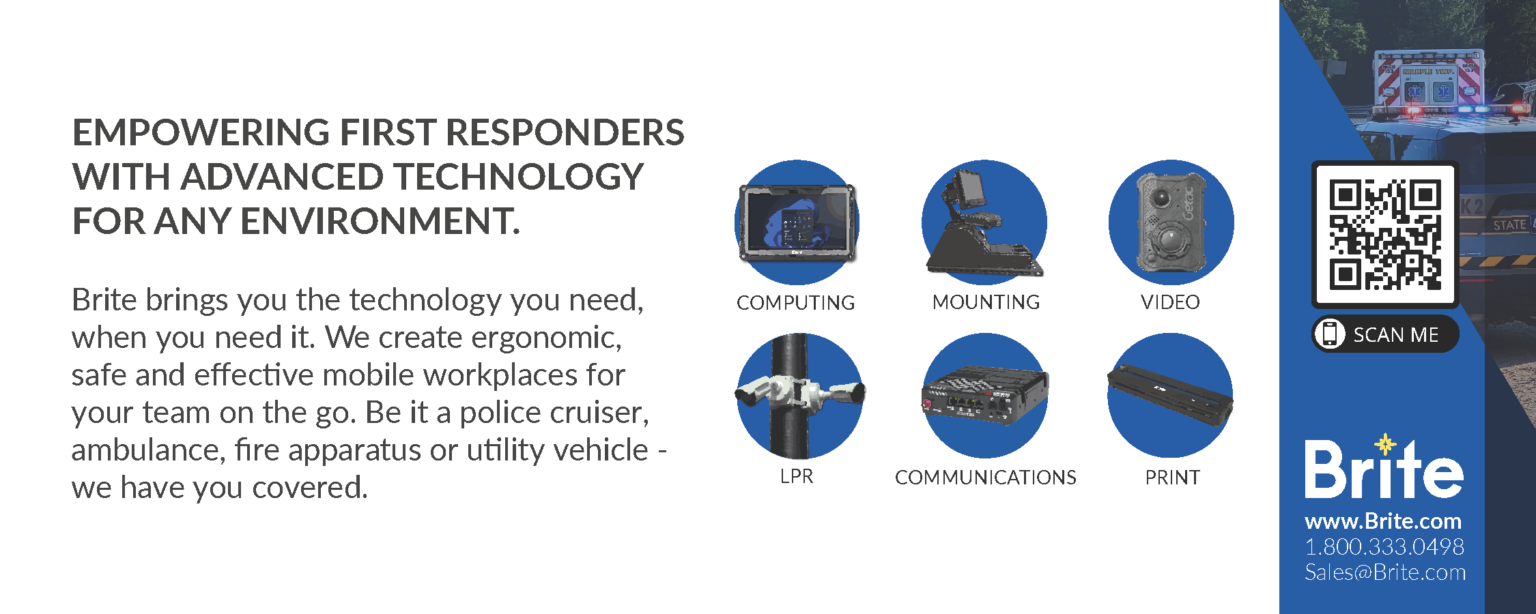
Article
Winter | 2024

Off Duty Work for Police Officers:
Navigating Workers Compensation Benefits in Georgia
James P. Anderson, and Julie N. Stewart
Winter I 2025
Police officers in Georgia often take on off-duty jobs to supplement their income. These roles can range from providing security at events or establishments, working in private security firms, and providing traffic control. While these opportunities can be financially beneficial and this practice is widespread, it raises a critical question: if an officer is injured while working off-duty, are they covered by workers’ compensation? Understanding this issue is vital for officers and the agencies that employ them, as coverage gaps could lead to serious financial and legal consequences.
Understanding Workers’ Compensation Coverage
In Georgia, workers’ compensation benefits are designed to cover injuries that occur “in the course of” and “arising out of” employment. This means that for an injury to be compensable, it must happen while the officer is performing duties related to their job and within the scope of their employment. However, off-duty work blurs the lines between official duties and secondary employment. Generally, if an officer is working a privately contracted job outside the control of their law enforcement agency, that off-duty work may not fall under the protection of their department’s workers’ compensation coverage and can lead to potential complications in claiming workers’ compensation benefits.
The core question is: Who is the employer when the officer is injured?
If the injury occurs during off-duty work:
- If the job is arranged by a third party: The private employer is likely responsible, and the officer may need to file a claim with that company’s workers’ compensation insurance.
- If the job is coordinated by the police department: Some agencies may consider the officer’s off-duty work an extension of their regular duties. In these cases, the department’s workers’ compensation policy may cover the injury.
Risks of Off-Duty Work for Officers
One of the primary risks for officers working off-duty jobs is the possibility of not being covered by workers’ compensation if they are injured. Since off-duty work is often performed for a different employer or in a different capacity, it may not fall under the coverage provided by their primary law enforcement agency.
For officers, the most significant risk of working off-duty is finding themselves without workers’ compensation coverage if they are injured. Injuries sustained during off-duty jobs could result in out-of-pocket medical expenses and lost wages if the officer is not covered by the off-duty employer’s workers’ compensation insurance or if there is no clear coverage through their department. This can leave officers vulnerable to bearing the full cost of medical expenses and lost wages if they are injured while working off-duty.
Moreover, injuries sustained while off duty may impact an officer’s ability to perform their regular police duties, further complicating matters. Without the safety net of workers’ compensation, officers could face financial hardships while recovering.
Potential Responsibility for Agencies
For law enforcement agencies, failing to clarify workers’ compensation coverage for off-duty officers can lead to coverage issues and disputes. If an officer working an off-duty job is injured and is not covered by the private employer’s insurance, the officer may attempt to file a claim with the department. If the department denies the claim, legal battles and morale issues may follow.
When It Becomes Problematic
The issue becomes particularly problematic when the off-duty work is closely related to the officer’s primary duties. For example, if an officer is injured while providing security at a private event or providing traffic control, there may be questions about whether the injury should be covered by the workers’ compensation policy of the law enforcement agency or the private employer. This ambiguity can lead to disputes and delays in receiving benefits.
Precautions for Agencies and Officers
To mitigate these risks, law enforcement agencies and officers should take several precautions:
-
Clear Policies and Contractual Agreements: Agencies should establish clear policies regarding off-duty work, including guidelines on what types of jobs are permissible and how they should be reported. Officers should also have written agreements with their off-duty employers outlining the scope of their duties and the coverage of workers’ compensation.
- Insurance Coverage: Agencies should ensure that private employers hiring officers for offduty work provide sufficient workers’ compensation coverage, protecting both the officers and the department from liability. Officers should ensure that their off-duty employers provide adequate workers’ compensation coverage. This can be verified through the employer’s insurance policy or by consulting with a legal professional.
- Agency Oversight: Departments that coordinate off-duty jobs should carefully consider whether to extend workers’ compensation coverage to off-duty assignments. Agencies may need to update internal policies to reflect these decisions.
- Training and Awareness: Agencies should provide training to officers on the risks associated with off-duty work and the importance of understanding their workers’ compensation coverage. Officers should be aware of the potential consequences of working off-duty without proper coverage and should be fully informed about their workers’ compensation rights and the risks of off-duty work. Transparency can help them make informed decisions and ensure they know how to pursue compensation if injured.
- Legal Consultation: Both agencies and officers should consult with legal professionals to understand the implications of off-duty work and to ensure that they are adequately protected. This can help prevent disputes and ensure that officers receive the benefits they are entitled to in case of an injury.
While off-duty work can provide a valuable source of extra income for police officers in Georgia, it comes with risks that both officers and law enforcement agencies must carefully navigate. As is the case with all potential legal issues, communication and documentation are key to a beneficial policy for everyone involved. Clarifying workers’ compensation coverage and establishing clear policies around off-duty work can protect officers from financial hardship and shield agencies from liability. Agencies should take proactive steps to ensure officers are adequately protected and aware of their rights before engaging in off-duty employment. By taking proactive steps to understand and address these risks, both officers and agencies can protect themselves and ensure that they are adequately covered in the event of an injury.

Jim Anderson
James (Jim) P. Anderson has been practicing law for 33 years, with the last 29 of those focused on Workers’ Compensation issues. He has extensive experience in drug cases and death claims in Workers’ Compensation and his strength is in determining the compensability of claims, including dependency issues.
Jim has served on the firm’s Board of Directors for a total of ten years and was elected to a two year term as Chairman (2014-2015). In October 2014, Jim was recognized in the Atlanta Business Chronicle’s Law & Accounting: Who’s Who. This list highlights the 100 most prominent individuals in the legal and accounting professions in Atlanta. Jim is a proud veteran of the United States Marine Corps. He attained the rank of Captain and served as a Judge Advocate General (JAG) officer where he successfully prosecuted more than 200 court-martials, including dozens of drug testing cases, and served as Special Assistant to the US Attorney (SAUSA) for the Southern District of California. At the request of the Chairman of the State Board of Worker’s Compensation, Jim has served on the Chairman’s Advisory Council since 2014. Since 2018, he was selected by his peers for inclusion in the Best Lawyers in America© in the field of Workers’ Compensation Law – Employers in Atlanta.

Julie Stewart
Julie Stewart focuses on Workers’ Compensation. She attended law school at Georgia State University College of Law and earned her J.D. in 2006. Prior to attending law school, Julie worked as a Senior Research Specialist at the Atlanta Veterans Affairs Medical Center in Infectious Disease. She is from Coral Springs, Florida and moved to Atlanta after completing a Master’s Degree in Zoology with an emphasis in Parasitology at the University of South Florida. She earned her B.S. in Biology in 1994 at University of South Florida. Julie is a member of the State Bar of Georgia, Section on Workers’ Compensation Law.
More Articles:






















